France’s fête nationale on July 14th will be bit different this year as traditional parades and celebrations including the highly popular bals de pompiers, where French firefighters host parties in their station houses, have been called off.
But this doesn’t mean it will be all gloom, as some celebrations will be maintained – albeit with some new health measures.
Paris Bastille Day fireworks at the Eiffel Tower
The famous Bastille Day fireworks at the Eiffel Tower will be held as usual, but without the regular crowds watching the show from below.
The Prefect of Paris has banned any gatherings starting from 11am on on the Champs-de-Mars stretch of grass below the Tower.
Access around the metro stations Trocadéro and on the Pont d’Iéna will also be restricted starting from 4pm to restrain gatherings around the iconic monument.
The fireworks show is scheduled for 11pm. on July 14th will be visible on TV, but you can also enjoy the show from the Montparnasse Tower, who is selling tickets online to see the fireworks from its panoramic rooftop.
You can also see the show from cruise boats, such as UNIK which organizes a special menu for July 14th.
Champs de Mars symphony concert
The usual symphony concert hosted by Radio France on the lawn of Champs de Mars will be maintained, but with a virtual audience only.
The live show will air at 9.15pm on the radio France Inter and on France 2 TV.
Paris' traditional airshow
This year the July 14th military parade down the Champs-Elysées will be replaced by a tribute to the medical workers on Place de la Concorde.
The French president's office announced that rather than the traditional march of soldiers and display of military hardware down the Champs-Elysées, this year will see a much smaller ceremony at the Place de la Concorde, where the parade normally ends.
The planned ceremony will be “reduced to 2,000 participants and about 2,500 guests”, in compliance with the rules of social distancing, the Elysée said.
However Bastille Day’s traditional airshow has been confirmed
For a great view of the show, you can head to the rooftop of the Grande Arche of La Défense, the business district in the west of Paris, to see fighter jets and other fighter planes flying over the building before heading to the Champs-Elysées. Doors open at 9am, but you can reserve tickets here.
What about other cities in France?
Many mayors don’t want to risk gatherings of more than 5,000 people, which are banned at least until the end of August.
Some cities will mark the celebration in alternative ways, like in Pau, southwest France, where the town hall will releas lantern lights into the sky.
The best is to check the website of your local City Hall to get the exact details on the celebrations in your area.
In Bordeaux the usual firework display over the Garonne river has been cancelled due to the ban on gatherings over 5,000 people and the authorities not wanting to take any risks.
A military parade will take place “behind closed doors” at Bordeaux's Hotel de Ville.
Macron to speak to the nation
Just in case you were interested in hearing what President Emmanuel Macron had to say, he will address the nation at 1pm on July 14th.

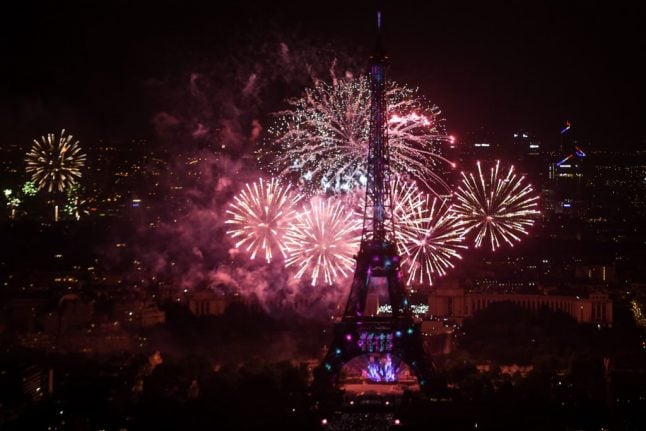
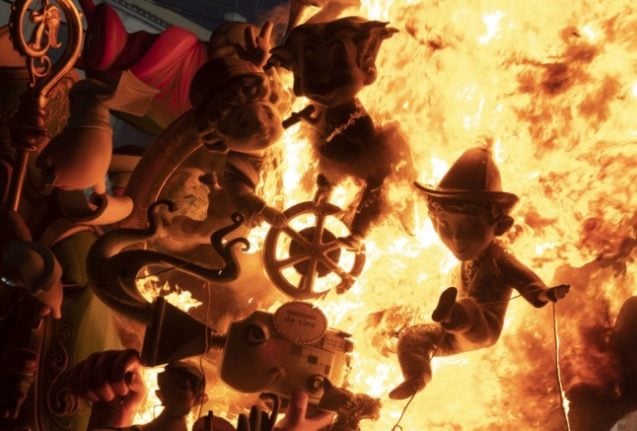
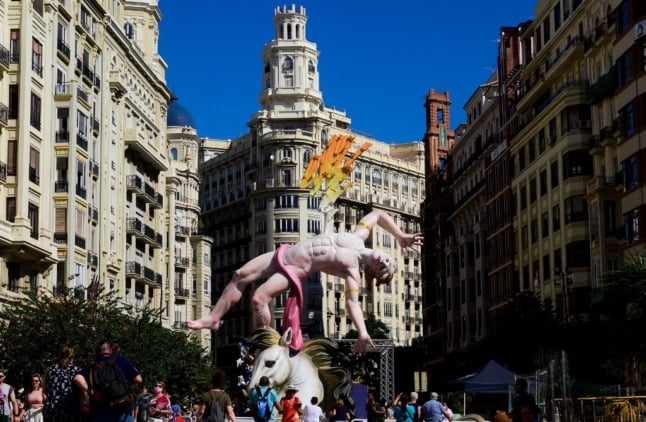
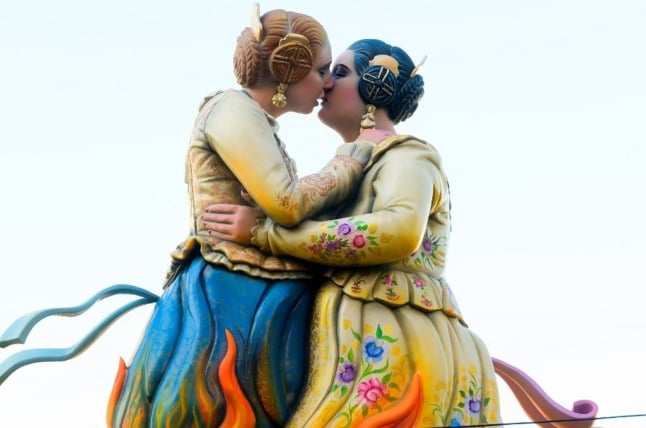
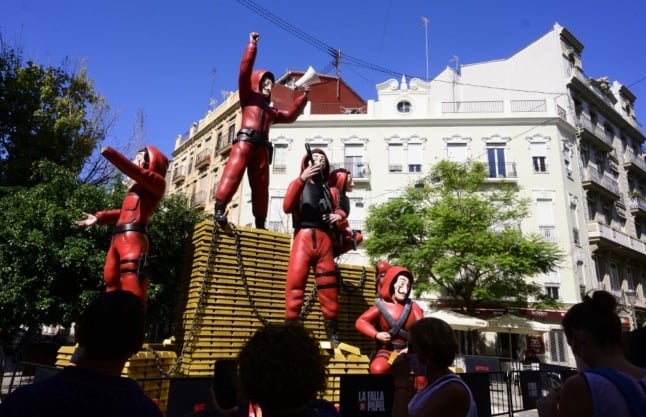
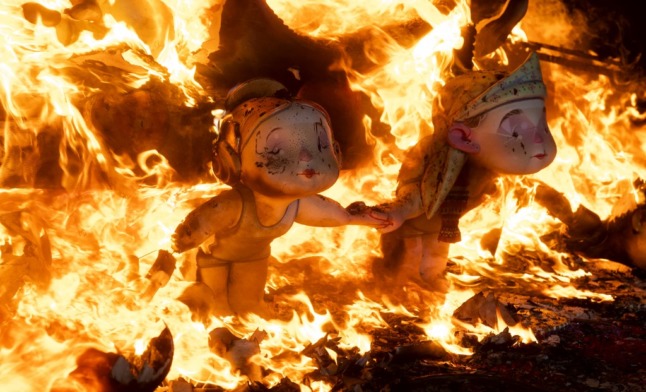
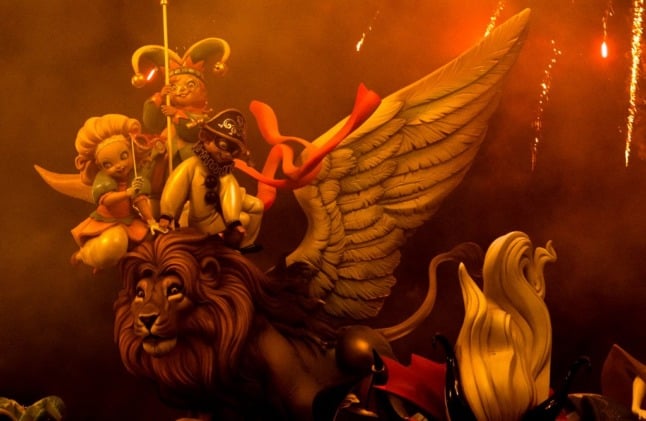
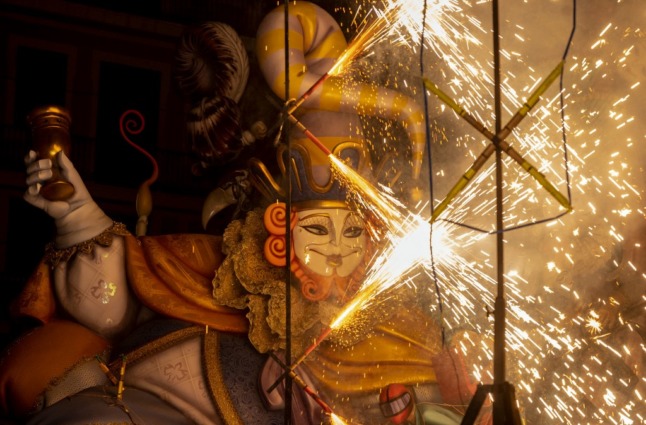
 Please whitelist us to continue reading.
Please whitelist us to continue reading.
Release fire lanterns? These are bloody worse for animals especially cattle then fireworks. Ban the lot.